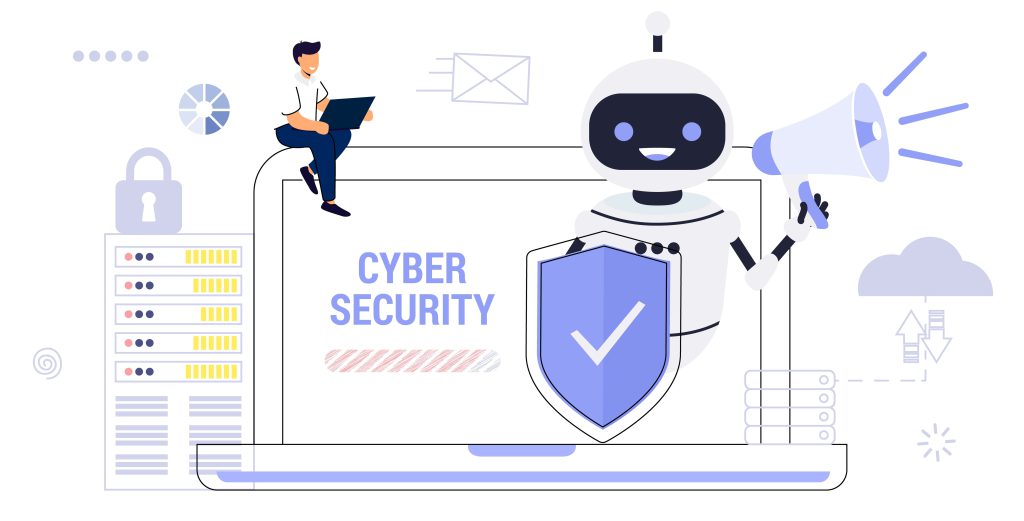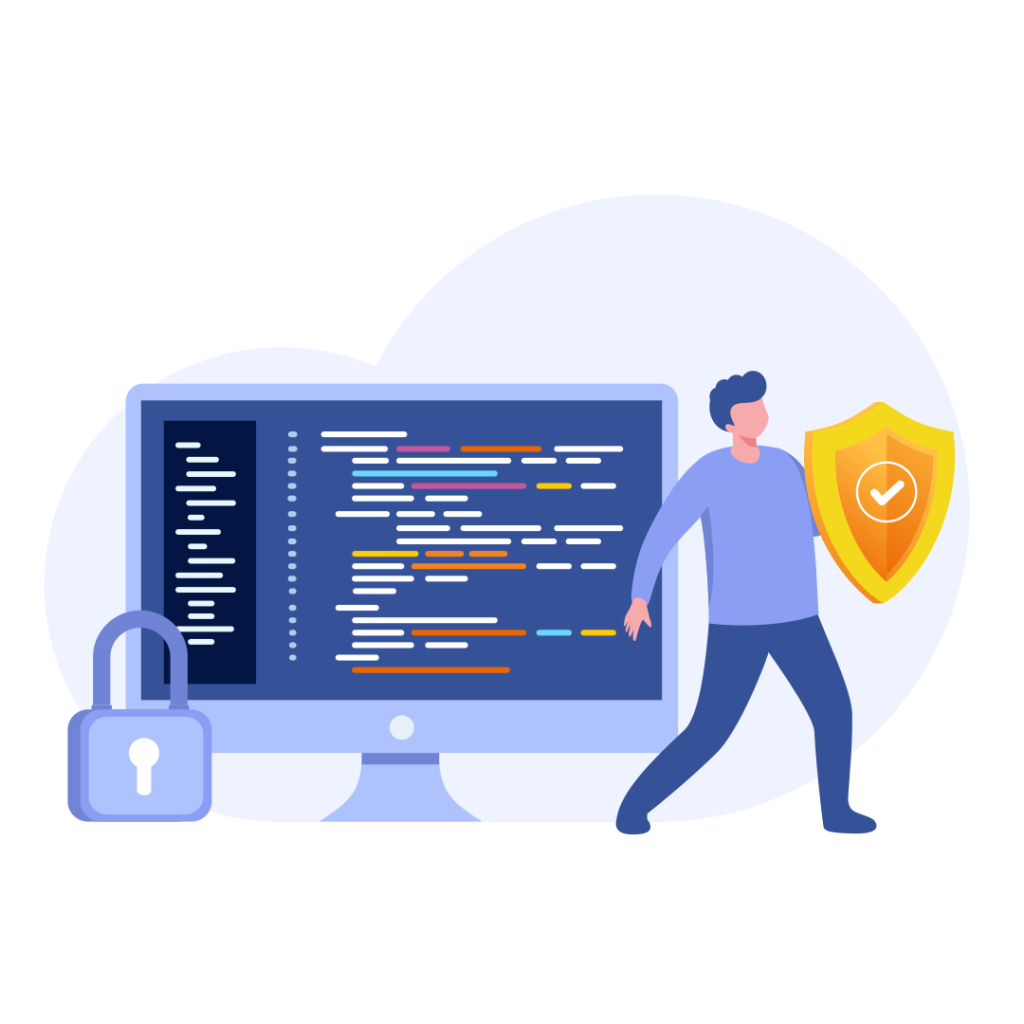In recent years, cloud computing has revolutionized the way businesses and individuals store, manage, and access data and applications. The cloud offers numerous benefits, such as scalability, cost-effectiveness, and enhanced accessibility, making it an indispensable technology for modern organizations. The rapid adoption of cloud computing has transformed the way businesses operate, streamlining processes, and enhancing scalability. However, this digital revolution comes with its fair share of risks, with cyber-attacks targeting cloud environments on the rise. In this post, we explore the unique challenges posed by cyber-attacks in the cloud and provide insights into how organizations can bolster their cloud security to protect sensitive data and critical applications.
What is Cloud Computing?
In simple terms, cloud computing refers to the delivery of on-demand computing resources, including storage, databases, software, and servers, over the internet. Instead of maintaining physical infrastructure and servers on-premises, businesses and individuals can use cloud services provided by third-party providers. These services can be accessed from anywhere with an internet connection, making data storage and application usage seamless and flexible.

The Growing Threat Landscape:
As cloud adoption continues to soar, cyber attackers are finding new avenues to exploit vulnerabilities in cloud environments. Some of the prominent cyber-attacks in the cloud include:
Securing the Cloud: Best Practices:
While it is imperative for employees and organizations to follow basic guidelines <Link to Shared Responsibility blog> to ensuring security and data integrity. Additionally, to safeguard cloud environments from cyber-attacks, organizations must adopt a proactive and comprehensive approach to cloud security. Here are some best practices to consider:

Cyber-attacks in the cloud can lead to severe financial losses, reputational damage, and data breaches. Therefore, it is essential for industries especially financial and healthcare to prioritize cloud security and stay ahead of evolving threats.
Despite technological, regulatory and compliance advancements, cyber security attacks keep exposing confidential information of patients in healthcare industry. “New York-based Enzo Biochem confirmed in a recent Securities and Exchange Commission (SEC) filing that an April 2023 ransomware attack resulted in the potential exposure of information pertaining to nearly 2.5 million individuals.” [3] It is of utmost importance to be vigilant about data integrity issues in today’s digital era.
By implementing best practices, collaborating with reputable cloud service providers, and fostering a culture of cybersecurity awareness, organizations can create a resilient cloud environment capable of withstanding the ever-evolving cyber threat landscape. As technology continues to advance, a strong commitment to cloud security will remain essential in ensuring a safe and prosperous digital future.
[1] https://www.healthleadersmedia.com/anthem-agrees-record-setting-class-action-settlement-2015-breach
[2] https://learn.microsoft.com/en-us/azure/compliance/offerings/offering-hipaa-us
[3] https://healthitsecurity.com/news/enzo-biochem-confirms-data-breach-impacting-nearly-2.5m-individuals